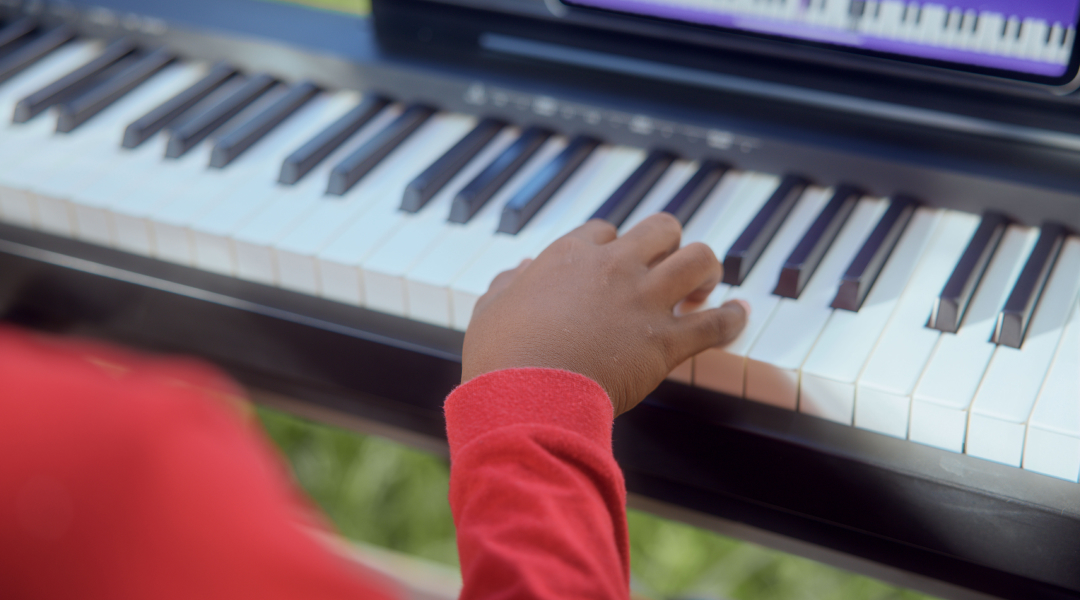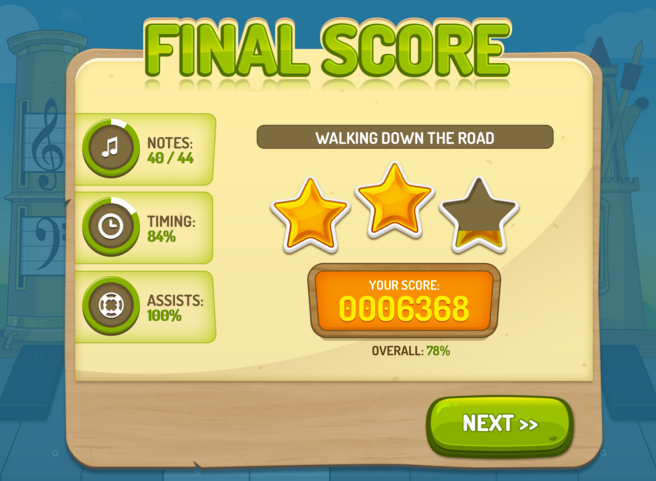6 Things NOT To do in Songwriting

Writing songs is an art form that takes practice to master. There’s plenty of advice out there–good and bad. Here’s a list of things NOT to do in songwriting.
A terribly-written song never hurt anyone, right?
Well, nothing fatal (we think).
But for good measure–and sensitive ears everywhere–let’s take a look at what NOT to do in songwriting.
Why does songwriting have to be so hard?
Songwriting is an incredibly diverse art form. There are many avenues to pursue, tricks to implement, and traditions to follow or break.
Like all forms of writing, there are infinite possibilities.
The line between a song that’s completely original, harnessing powerful lyrics that flow perfectly with the music, and a song that sounds like drunk lobsters doing the Hokey Pokey in boiling water–can be extremely thin.

It comes down to striking the right balance between having a good structure while staying true to your creative insights.
The first item on the list of what not to do is a perfect example of that balance.
1. Not writing a good chorus.
Songwriters typically use the chorus as the culmination of a song, which is why it’s crucial to write a good one.
The chorus should be the catchiest part of a song.
It repeats several times throughout a song – depending on the structure you’re using – and is the portion of the song that emphasizes its message.
The beauty of music is that it can generate powerful emotional responses. The songs that we love evoke sensations within us that we don’t usually feel.
The best choruses leave the listener with a lasting impression and are often what gets them coming back for more.
However, failing to write a good chorus can leave your song dead in the water because they’re vital to a song’s overall stickiness.

2. Not writing meaningful lyrics.
Humans primarily communicate with words.
Some of history’s most polarizing figures understood the power of language, using their words to inspire and mobilize entire populations.
Music is essentially an artistic medium of communication, and people can tell when a message is genuine or not.
While many people enjoy music purely for the musical sounds, catchy melodies, and energizing choruses, you can seriously enhance the effect of a song with some meaningful lyrics. The very best songs harness all of these elements.
Crafting meaningful lyrics can speak volumes to your audience. If instrumentals deeply move your audience, crafting meaningful lyrics can speak volumes to them–which incidentally brings us to the next item on the list.

3. Not rewriting lyrics.
Whether you’re just beginning or you’ve been writing for years, rewriting your lyrics is simply part of songwriting.
Besides, practice makes perfect.
Many elements go into writing a song, and predicting the final version is impossible.
Think of songwriting as a sculpting process – you reveal the final form after several [hundred] passes. Therefore, you can expect to make adjustments to your lyrics.
Picturing the lyrics and rhymes in your mind is not the same as having them down on paper.
You may find that expressing an idea or describing a scene is hard at first. But as you spend time thinking about the optimal way to express your vision, you’ll refine your choice of words. Your song’s vision or direction will gradually become more transparent the more you put it down on paper.
You’ll soon discover the ideal lyrics with a clearer vision of what you’re working on and some time brainstorming.

4. Not matching the lyrics to the chords.
Writing meaningful lyrics can be challenging, and making sure that your words resonate with the music can be even more complex – yet, it’s essential.
Synchronizing the lyrics with the music will evoke more powerful emotional responses and effectively convey the song’s message.
On the other hand, if the lyrics and chords do not align, it will be painfully obvious.
Ultimately, if you do this well or poorly, the results will be noticeable and the effects dramatic.

5. Not mixing up the rhythm.
Music harnesses vocal and instrumental reverberations to create a beautiful form of emotional expression.
Falling into a monotonous rhythmic pattern can be a death sentence.
People seem to need a little turbulence in their lives. It keeps things interesting, which might be why so many people love music.
Take, for example, Hallelujah, by Jeff Buckley.
“Now I’ve heard there was a secret chord
That David played and it pleased the Lord
But you don’t really care for music, do you?
It goes like this, the fourth, the fifth
The minor falls, the major lifts
The baffled king composing Hallelujah”
The song masterfully takes the listener from a melancholy state, elevates them to what feels like a divine experience, and then falls back to its original cadence.
Music injects some novelty into our internal environment, and a song’s rhythm plays an integral role in that process.

6. Not writing bad songs.
Are we telling you to write bad songs?
Not quite.
But being bad at something is part of learning a new skill–the more bad songs you write, the better you get at songwriting (not writing songs badly). Maximize your learning process by reflecting on bad songs to help you make something better next time.
The point is to cultivate a habit–where you’re writing regularly, whether it comes easy or not.
With practice, you begin to recognize the difference between high-quality songs and those
you need to tinker or toss. If you’re doing it right, the songs you once gave a pass will no longer suffice.

Now that you know what not to do, it’s time to check out what to do in your songwriting.









